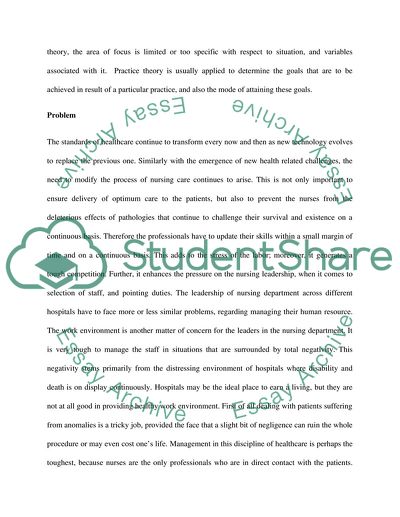Cite this document
(“Application of theory paper Assignment Example | Topics and Well Written Essays - 1750 words”, n.d.)
Retrieved from https://studentshare.org/nursing/1677315-application-of-theory-paper
Retrieved from https://studentshare.org/nursing/1677315-application-of-theory-paper
(Application of Theory Paper Assignment Example | Topics and Well Written Essays - 1750 Words)
https://studentshare.org/nursing/1677315-application-of-theory-paper.
https://studentshare.org/nursing/1677315-application-of-theory-paper.
“Application of Theory Paper Assignment Example | Topics and Well Written Essays - 1750 Words”, n.d. https://studentshare.org/nursing/1677315-application-of-theory-paper.


